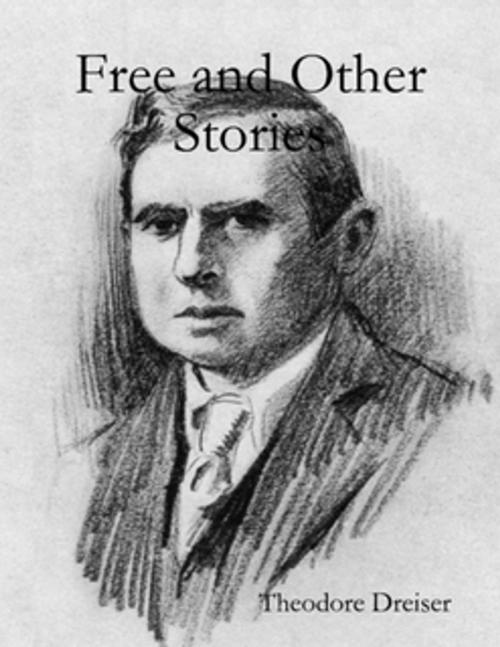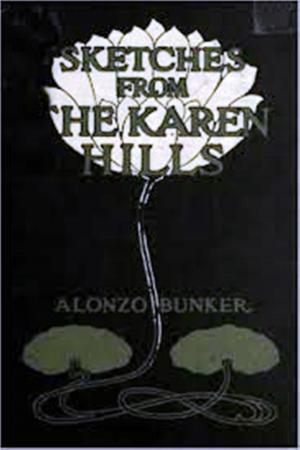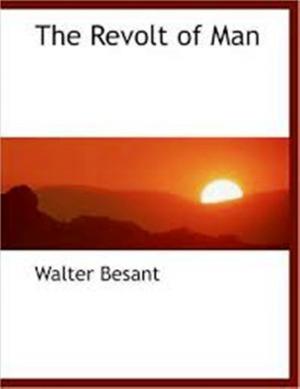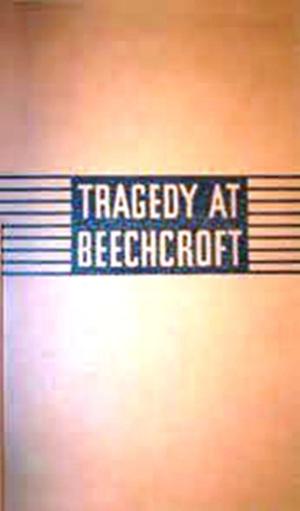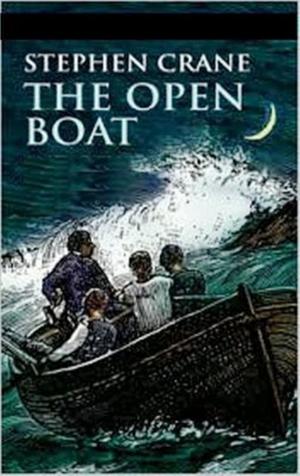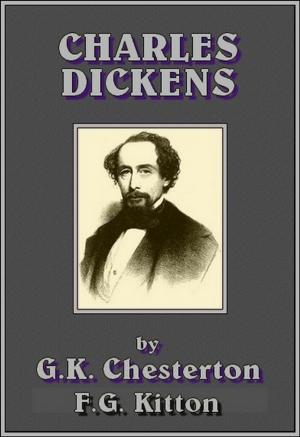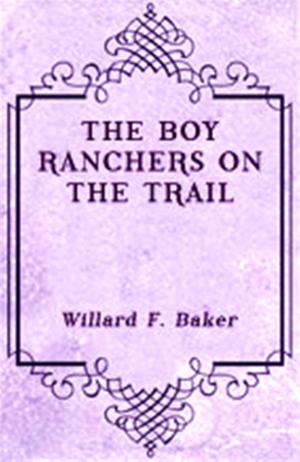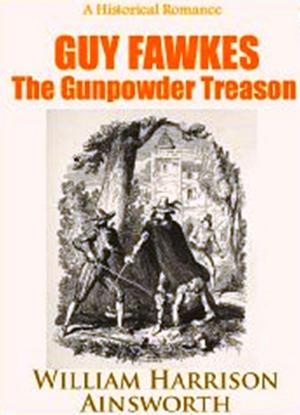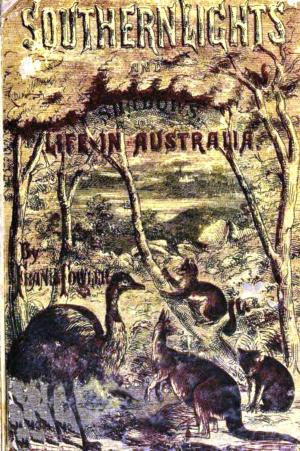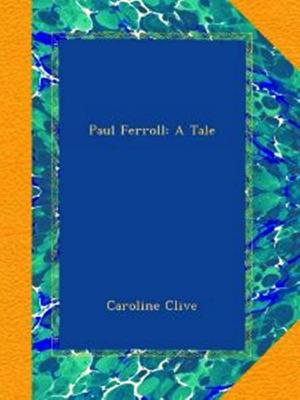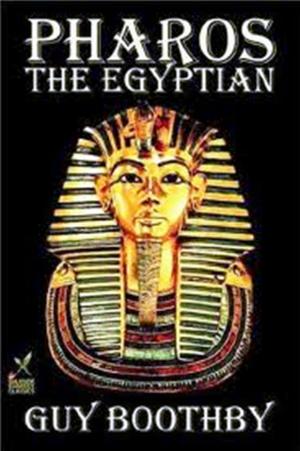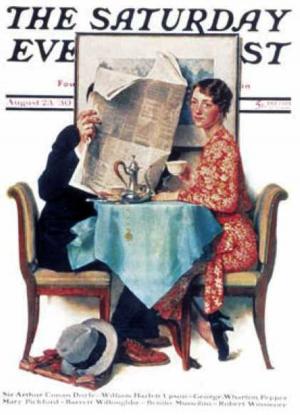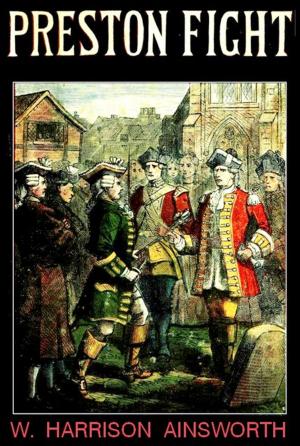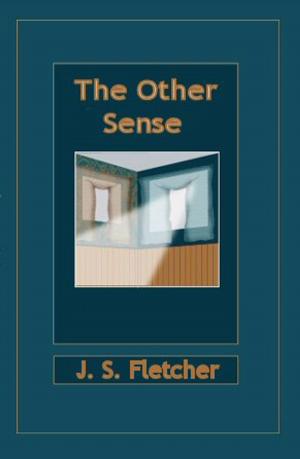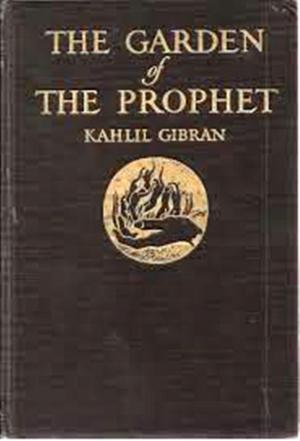| Author: | Theodore Dreiser | ISBN: | 1230000156309 |
| Publisher: | WDS Publishing | Publication: | July 31, 2013 |
| Imprint: | Language: | English |
| Author: | Theodore Dreiser |
| ISBN: | 1230000156309 |
| Publisher: | WDS Publishing |
| Publication: | July 31, 2013 |
| Imprint: | |
| Language: | English |
The large and rather comfortable apartment of Rufus Haymaker, architect, in Central Park West, was very silent. It was scarcely dawn yet, and at the edge of the park, over the way, looking out from the front windows which graced this abode and gave it its charm, a stately line of poplars was still shrouded in a gray morning mist. From his bedroom at one end of the hall, where, also, a glimpse of the park was to be had, came Mr. Haymaker at this early hour to sit by one of these broader windows and contemplate these trees and a small lake beyond. He was very fond of Nature in its manifold art forms--quite poetic, in fact.
He was a tall and spare man of about sixty, not ungraceful, though slightly stoop-shouldered, with heavy overhanging eyebrows and hair, and a short, professionally cut gray mustache and beard, which gave him a severe and yet agreeable presence. For the present he was clad in a light-blue dressing gown with silver cords, which enveloped him completely. He had thin, pale, long-fingered hands, wrinkled at the back and slightly knotted at the joints, which bespoke the artist, in mood at least, and his eyes had a weary and yet restless look in them.
For only yesterday Doctor Storm, the family physician, who was in attendance on his wife, ill now for these three weeks past with a combination of heart lesion, kidney poisoning and neuritis, had taken him aside and said very softly and affectionately, as though he were trying to spare his feelings: "To-morrow, Mr. Haymaker, if your wife is no better I will call in my friend, Doctor Grainger, whom you know, for a consultation. He is more of an expert in these matters of the heart"--the heart, Mr. Haymaker had time to note ironically--"than I am. Together we will make a thorough examination, and then I hope we will be better able to say what the possibilities of her recovery really are. It's been a very trying case, a very stubborn one, I might say. Still, she has a great deal of vitality and is doing as well as could be expected, all things considered. At the same time, though I don't wish to alarm you unnecessarily--and there is no occasion for great alarm yet--still I feel it my duty to warn you that her condition is very serious indeed. Not that I wish you to feel that she is certain to die. I don't think she is. Not at all. Just the contrary. She may get well, and probably will, and live all of twenty years more." (Mentally Mr. Haymaker sighed a purely spiritual sigh.) "She has fine recuperative powers, so far as I can judge, but she has a bad heart, and this kidney trouble has not helped it any. Just now, when her heart should have the least strain, it has the most.
The large and rather comfortable apartment of Rufus Haymaker, architect, in Central Park West, was very silent. It was scarcely dawn yet, and at the edge of the park, over the way, looking out from the front windows which graced this abode and gave it its charm, a stately line of poplars was still shrouded in a gray morning mist. From his bedroom at one end of the hall, where, also, a glimpse of the park was to be had, came Mr. Haymaker at this early hour to sit by one of these broader windows and contemplate these trees and a small lake beyond. He was very fond of Nature in its manifold art forms--quite poetic, in fact.
He was a tall and spare man of about sixty, not ungraceful, though slightly stoop-shouldered, with heavy overhanging eyebrows and hair, and a short, professionally cut gray mustache and beard, which gave him a severe and yet agreeable presence. For the present he was clad in a light-blue dressing gown with silver cords, which enveloped him completely. He had thin, pale, long-fingered hands, wrinkled at the back and slightly knotted at the joints, which bespoke the artist, in mood at least, and his eyes had a weary and yet restless look in them.
For only yesterday Doctor Storm, the family physician, who was in attendance on his wife, ill now for these three weeks past with a combination of heart lesion, kidney poisoning and neuritis, had taken him aside and said very softly and affectionately, as though he were trying to spare his feelings: "To-morrow, Mr. Haymaker, if your wife is no better I will call in my friend, Doctor Grainger, whom you know, for a consultation. He is more of an expert in these matters of the heart"--the heart, Mr. Haymaker had time to note ironically--"than I am. Together we will make a thorough examination, and then I hope we will be better able to say what the possibilities of her recovery really are. It's been a very trying case, a very stubborn one, I might say. Still, she has a great deal of vitality and is doing as well as could be expected, all things considered. At the same time, though I don't wish to alarm you unnecessarily--and there is no occasion for great alarm yet--still I feel it my duty to warn you that her condition is very serious indeed. Not that I wish you to feel that she is certain to die. I don't think she is. Not at all. Just the contrary. She may get well, and probably will, and live all of twenty years more." (Mentally Mr. Haymaker sighed a purely spiritual sigh.) "She has fine recuperative powers, so far as I can judge, but she has a bad heart, and this kidney trouble has not helped it any. Just now, when her heart should have the least strain, it has the most.
